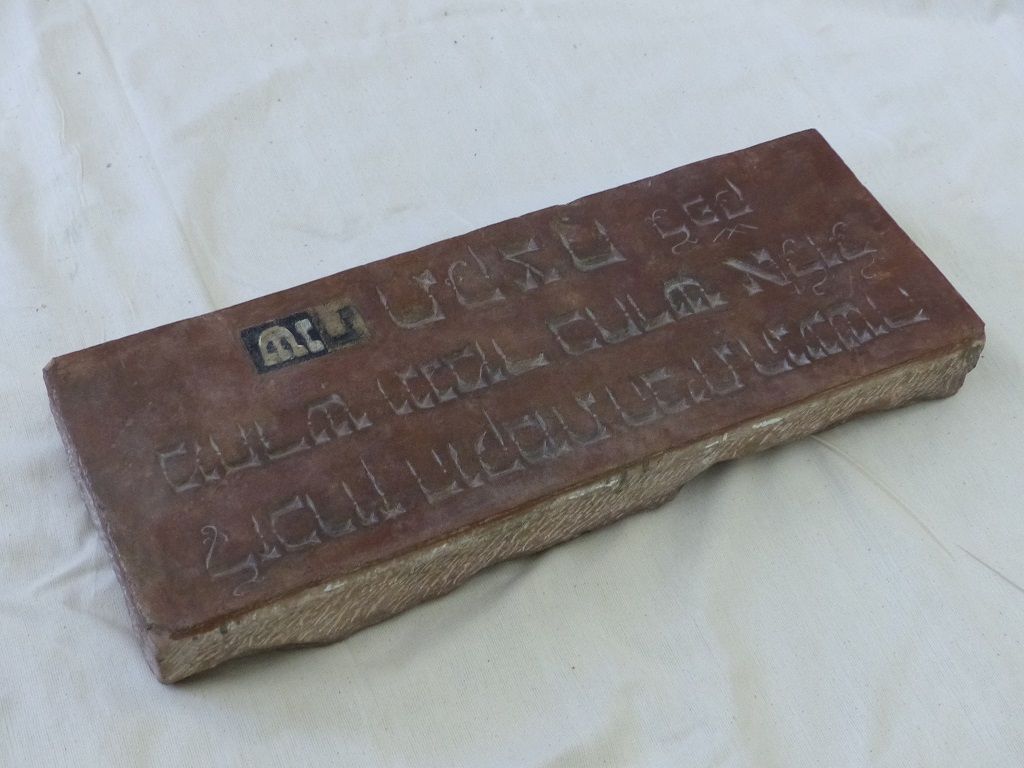In 1806, Halle was the first city in the Kingdom of Prussia to be occupied by Napoleon’s French troops. As a result, the city—now called “Departement der Saale, District Halle”—came under the rule of the Kingdom of Westphalia, whose constitution was valid from then on. For the Jews of Halle, this meant a considerable improvement in their living conditions. The royal decree of January 1808 not only gave them the same rights as the Christian majority of the population but also abolished the levies and protection money applicable to Jews and guaranteed complete religious freedom. Although the Jewish community of Halle now had the same political rights as the citizens of Halle, they still had to deposit so-called “beneficial attestations” and levies in order to obtain citizenship for the city on the Saale. The granting of citizenship and commercial rights in Halle was tied to a certain amount of assets, so that initially only eighteen Jewish families were granted citizenship. In 1829, 103 Jews lived in the city, twenty-eight of whom were children of school age. In order to give these children proper Jewish religious instruction, a separate religious school was built in 1838 adjacent to the synagogue on Großer Berlin. In this way, the Jewish community simultaneously asserted its place among the city’s religious communities.
After the end of Napoleonic rule, some of the rights granted to Jews were once again revoked. It was not until 1871 that Jews were once again granted civic rights and thus became citizens with equal rights.

